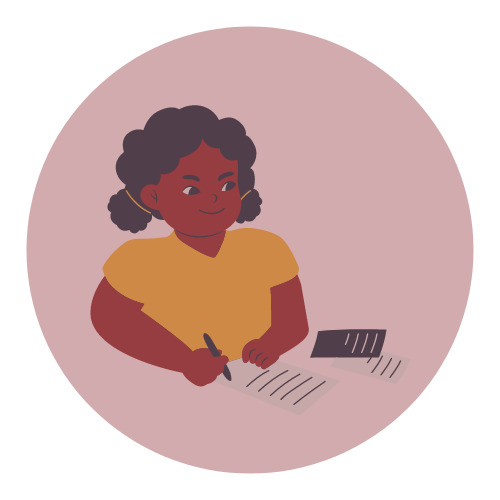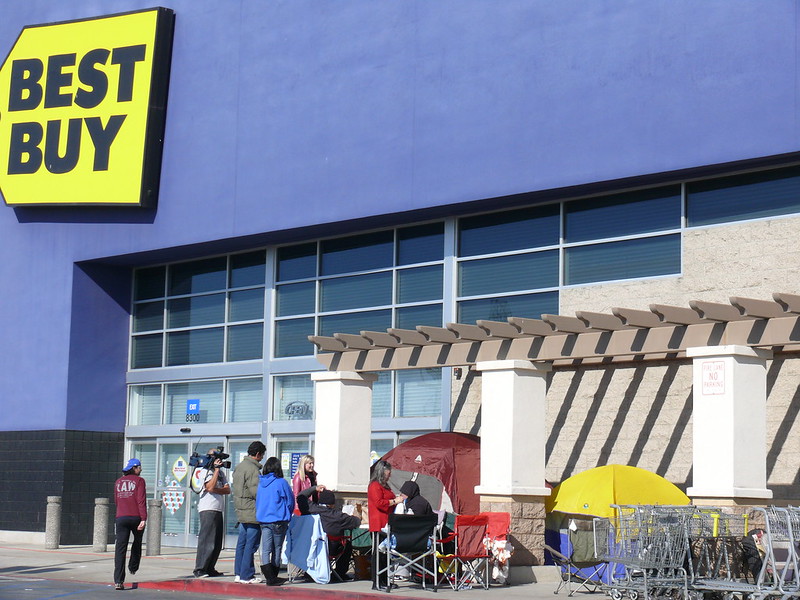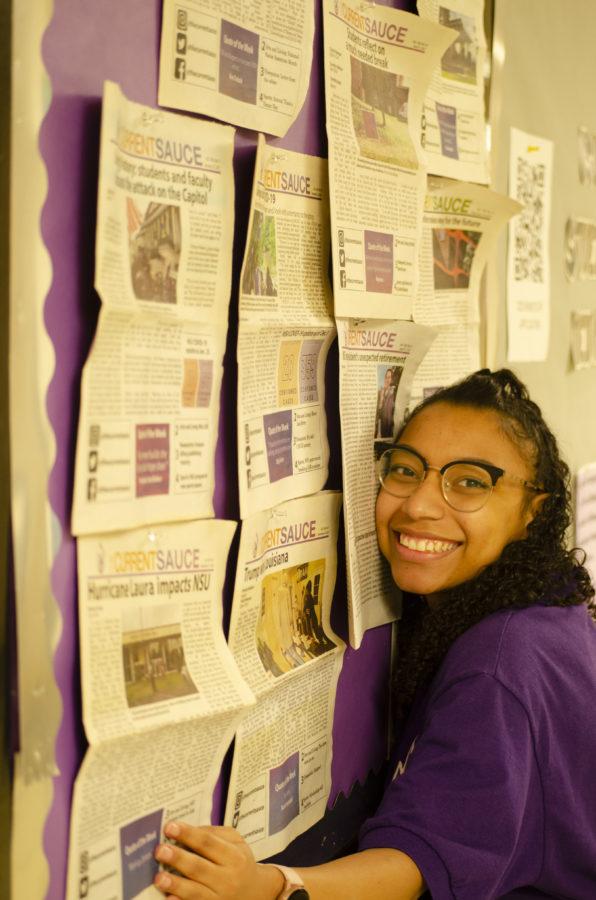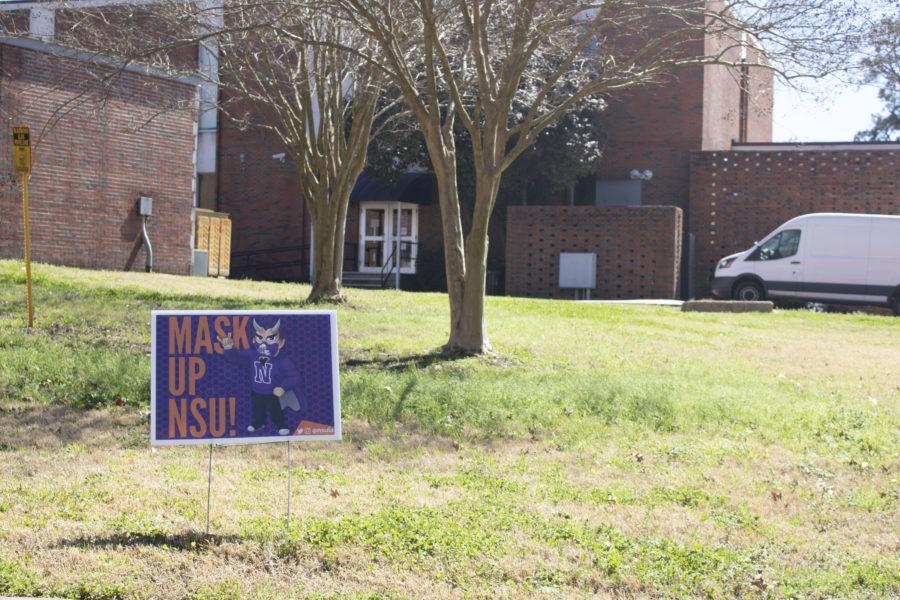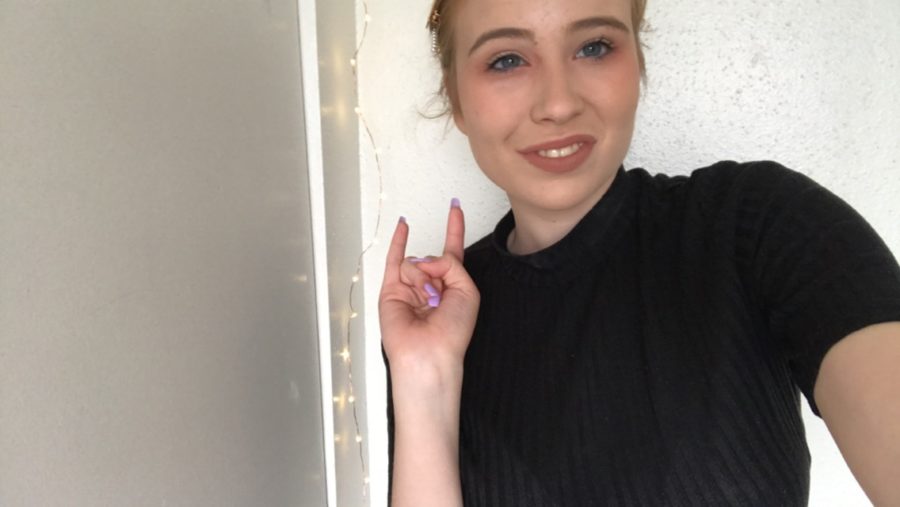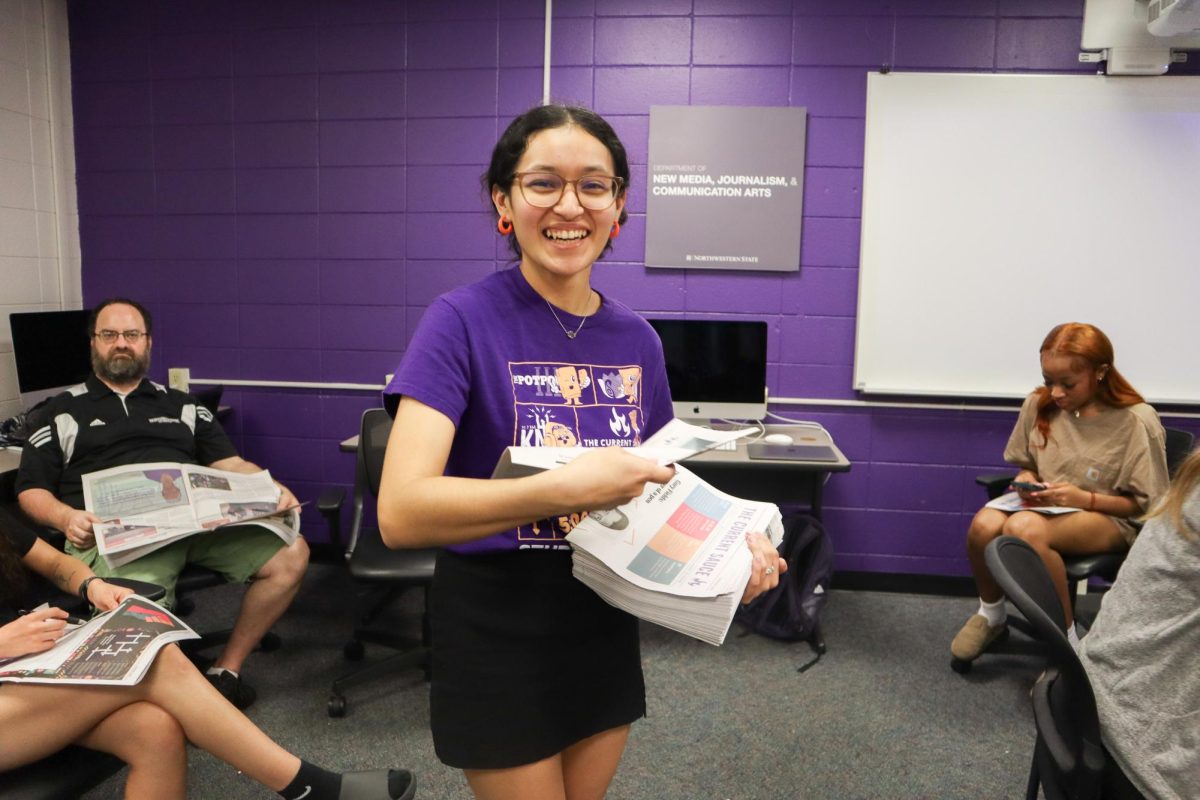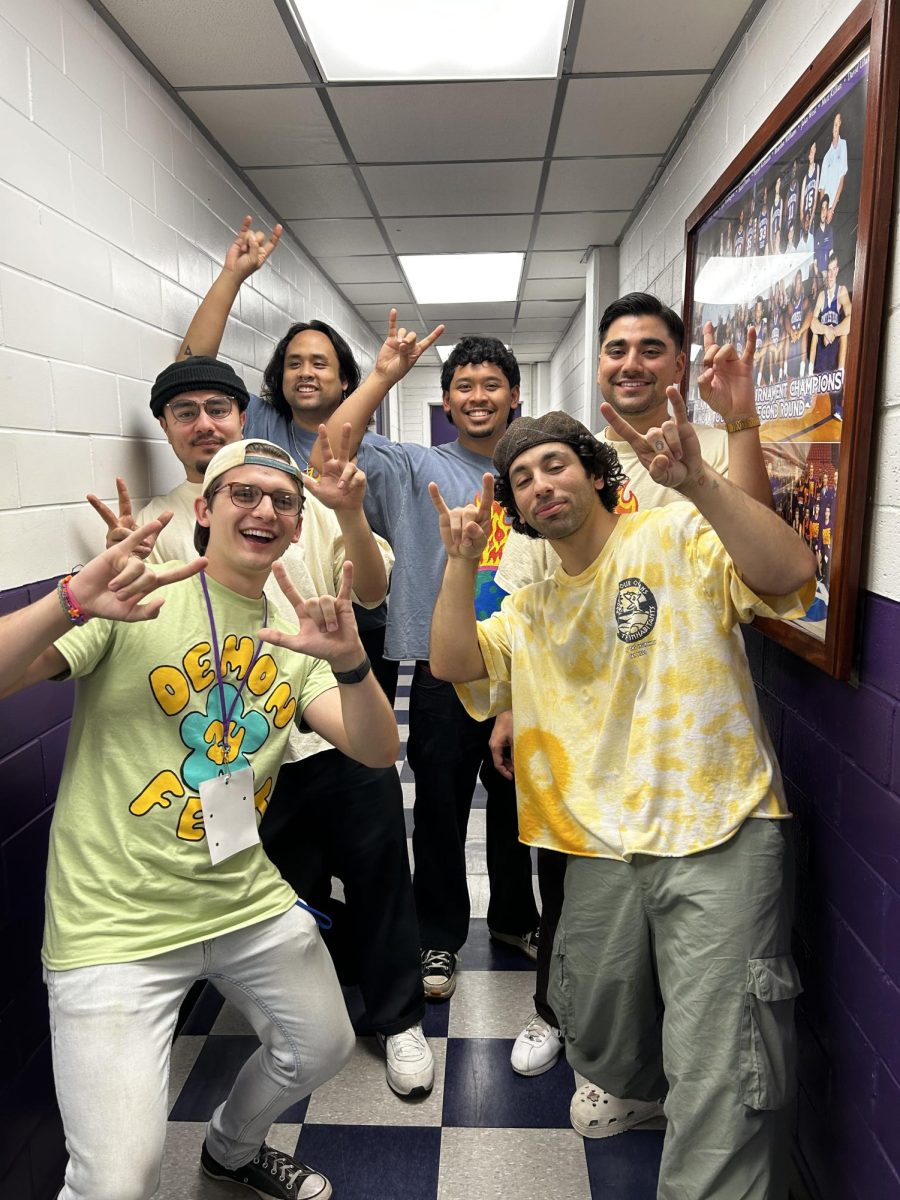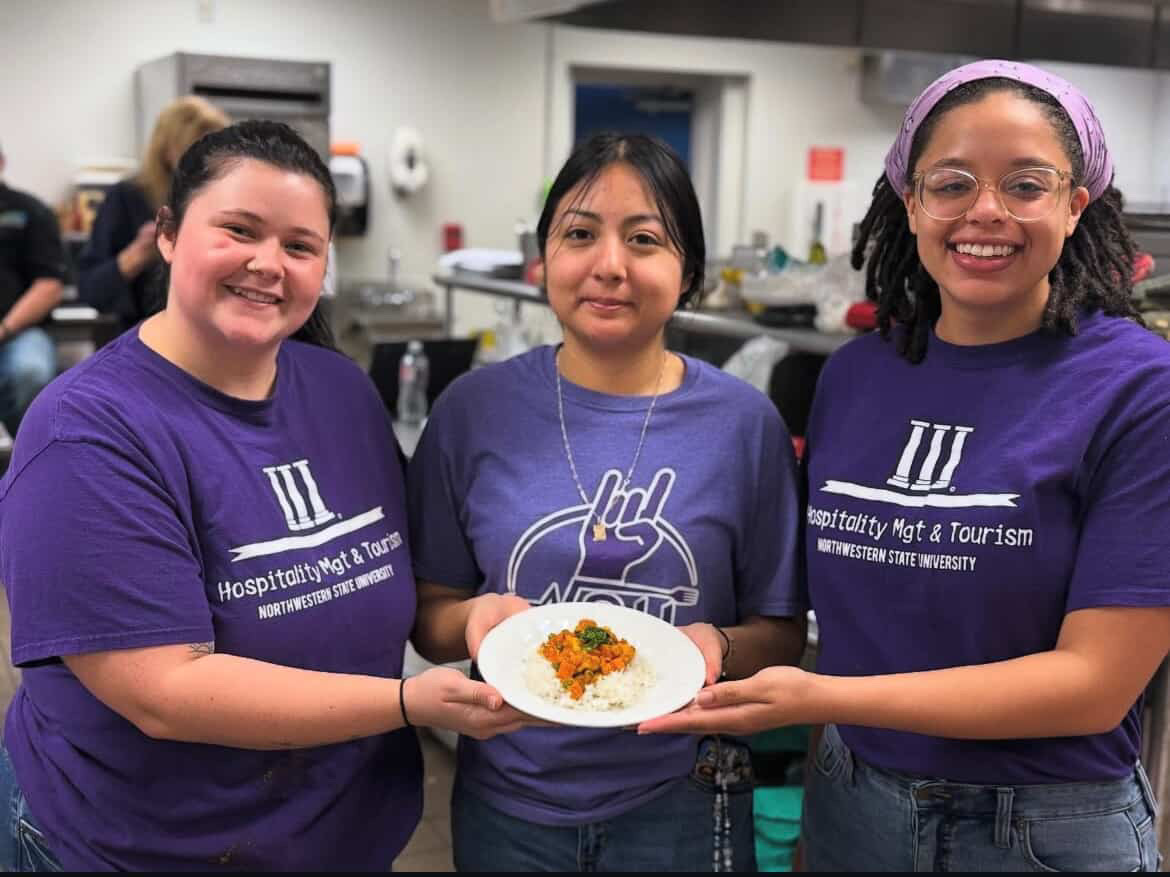Krista Hanson
Viewpoints Editor
The portrayal of Black people has become so uniform. This monotonous depiction of the Black community is negative in its effort of boxing in people. It changes how society perceives them.
A study from Yale University showed the implicit bias preschool teachers had against their Back students resulted in lower expectations and lower referral rates into gifted programs. Black people begin to be subjected to harmful stereotypes as children and these harmful stereotypes persist throughout their lives.
As these students grow up, they’re unfairly challenged by stereotypes that their white counterparts don’t experience. Not only are they forced under these adversities, they are drowned in lessons about white history taught by white teachers. The discussion of the importance of representation will never end, but it’s impossible to ignore any longer.
I was thinking back to high school and trying to remember how many Black teachers I had. It was nearly impossible for me to think of one. Not just in high school though. I have been going to school for 16 years and I can count the number of Black teachers I’ve had on one hand (three to be exact, none of them taught core classes). The number of Black teachers I saw around school isn’t much higher.
On the other hand, I couldn’t count the number of Black students I went to school with. This clear underrepresentation of Black people in academic positions creates an endless cycle of discouraging Black people from pursuing academic fields where it’s impossible to see themselves.
Academics are not void of Black people. So, how do we stop this cycle? To fix the problem, we must first face it. We must face the racism that affects Black people in academics head on.
Shardé Davis and Joy Melody Woods, two self-proclaimed “Black-ademics,” started the hashtag #BlackInTheIvory to expose the racism they had faced in their own academic fields. Following the death of George Floyd and Breonna Taylor, other academics were ready to share times when colleagues and institutions had been, “hostile, insulting or made them feel unwelcome, and had made it difficult for them to simply do their jobs.”
Nidhi Subbaraman, from “Nature,” sat down with Davis and Woods to hear about the direct impact these movements have on Black people and representation in academics. Davis reflects on the long overdue conversation on Black identity in and around academics. Both Woods and Davis advise their white counterparts on how they can help fight the racism they’re facing.
It’s easy to push aside problems and claim you’re not a part of them. The time to stop feeling defensive and face how we play a part in continuing to let the roots of systemic racism grow is long overdue.





















